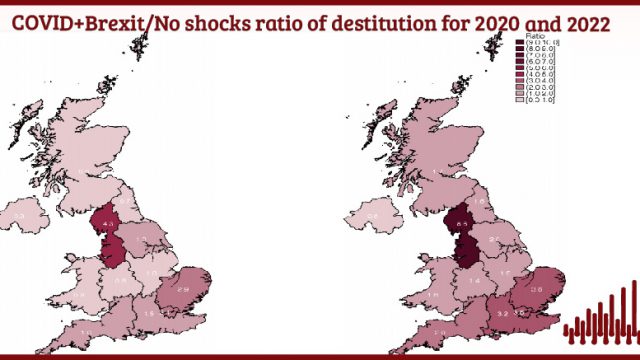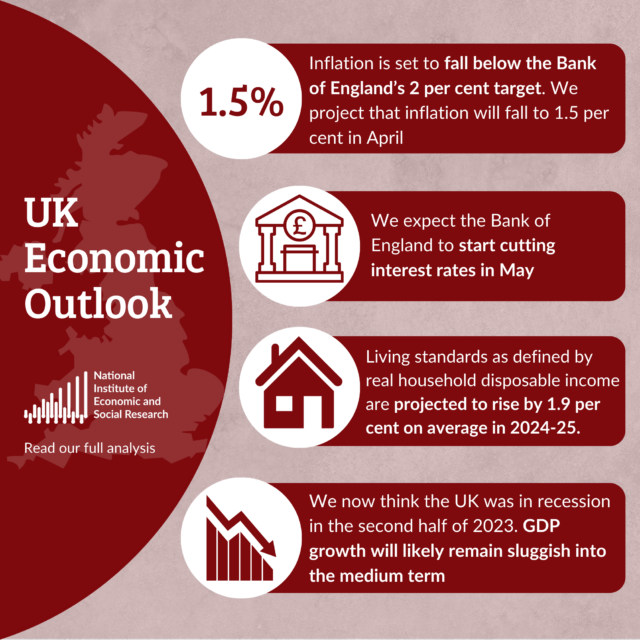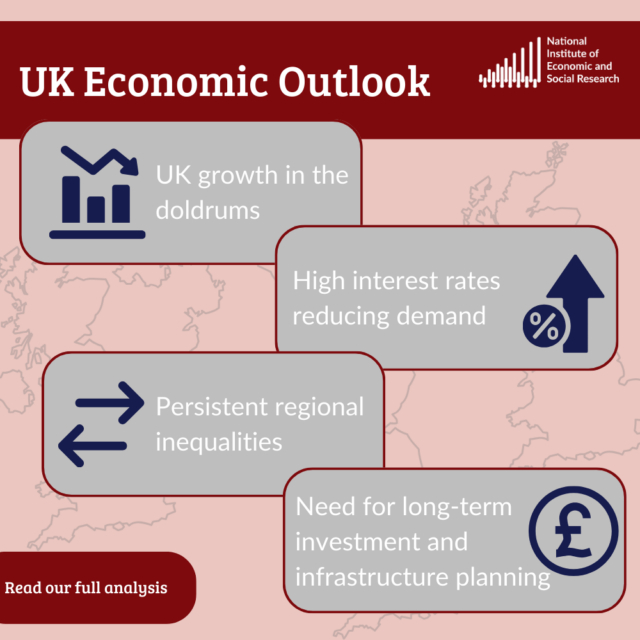Structural reforms in Spain: A long and winding road
In recent times we have received some good news about the Spanish economy. GDP has accelerated slightly in the first quarter of 2019, and the performance of the labour market has been promising. The unemployment rate has decreased considerably since reaching its peak in 2013 (26%), and Spain has just been released from the tight supervision of the European Commission’s Significant Deviation Procedure in which was immersed since 2009.

In recent times we have received some good news about the Spanish economy. GDP has accelerated slightly in the first quarter of 2019, and the performance of the labour market has been promising. The unemployment rate has decreased considerably since reaching its peak in 2013 (26%), and Spain has just been released from the tight supervision of the European Commission’s Significant Deviation Procedure in which was immersed since 2009.
However, not all is under track for the Spanish economy. The annual evaluation received by the EC and the European Council highlights the significant weaknesses prevailing in the economy, laying out a number of key far-reaching recommendations. Behind of most of these lies this problem of stagnant or even decreasing productivity. Many of the proposed policy actions are aimed at this goal, i.e. to remove barriers and regulatory burden, and increase the efficiency of Spanish economy.
In a recent report for the EC we highlight a number of structural reforms that are needed to enhance productivity and competitiveness. We show the need to reform the administrative environment governing business entry, and implement policies that favour the reallocation of productive resources. This would yield economic benefits in terms of higher rates of business creation and firm growth. It is necessary to ensure that the least efficient firms can downsize, or exit the market, and be replaced with younger more dynamic counterparts. This is especially important in emerging sectors with higher propensity to innovate and potential to sustain productivity gains. Also for small firms, which populate most of the Spanish business landscape, as the large firms are as productive as those of similar size in major European countries.
We also show that deepening on the integration of the internal market and public procurement should also be of high priority. Our regional trade modelling exercise shows that barriers to trade goods amongst Spanish regions remain high. This can prevent firms reaping benefits of accessing larger markets, dampening the levels of competition and choice and quality of products available to consumers. A large number of restrictions prevail in services such as architecture and consultancy, retail, food distribution, and finance, where companies face barriers to operate freely across regions. The rail network is also limited, and Spain is not fully integrated in the international gas and electricity markets.
The fragmentation of the Spain’s domestic market, plagued by many different and overlapping national, regional and local regulations, is the result of a mix of political and historical factors, and not easy to reverse. More progress needs to be made, intensifying the implementation of the Law on Market Unity, which was approved five years ago, and has since suffered a number of set-backs.
Given the need to reduce the structural public deficit and outstanding debt, Spain needs to improve its public procurement procedures. We identify instances of a lack of coordination and overlapping functions of differences level of government, cost overruns in investment projects, lack of transparency in contracting out, and corruption. All these can generate inefficiencies in the functioning of the public sector, implying and excessive costs of acquiring inputs and a decrease in service provision standards.
The lack of innovation is also a long-standing problem of the Spanish economy and has a central role on the list of EC recommendations. R&D expenditure (around 1.2% of GDP), is lower than the EU average (2.07%) and below that many other European neighbours, including Germany (3%), France (2.2%) and the UK (1.7%). The level of innovation effort in Spain is disappointing both in the public and private parts of the economy, and similar to countries such as Czech Republic and Hungary.
As well as being far from the technological frontier (e.g. in Artificial intelligence, big data, Internet of things), Spain is also falling behind in the adoption and diffusion of the digital economy. The EC Digital Economy and Society Index (DESI) recent figures, which measure countries digital performance, show that Spain lags mostly in human capital development, ranking 10 per cent below the EU average. Spain needs to build its base of ICT skills and complementary competencies that are most critical in the new productive systems. It is no longer sufficient, for a country of Spain’s level of development, to invest in tangible assets such as machinery or new construction, but in a wider range of intangible assets, including digital skills and R&D, which are essential to excel in the knowledge-based economy and to compete successfully in the global markets.
Despite the improvements, the labour market is also on the line of fire due to its enduring structural problems. The unemployment rate (13.6%) remains well above the EU average (6.3%). Particularly worrying are the figures for the long-term unemployed and the young (the rate of youth unemployment is 31.7%, compared to 14.3% in the EU). There exists an intense duality in the labour market, where a large proportion of contracts are of temporary nature, which are not conducive to innovation. Almost 27% of Spanish workers were in temporary precarious contracts, significantly above the EU (14.1%), Germany (12.6%) or the UK (5.4 %). This can have serious consequences for economic efficiency as well as harm social inclusion. Spain cannot longer base its economic growth solely in boosting employment levels and needs to tackle its productivity problems which will ultimately determine the evolution of wages, pensions and will ensure better living standards for all.
Juan Fernandez de Guevara Radoselovics is Assistant Professor of Economic Analysis at the University of Valencia and researcher at IVIE.






















